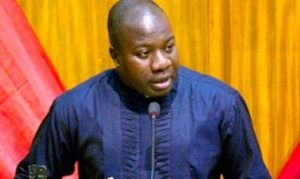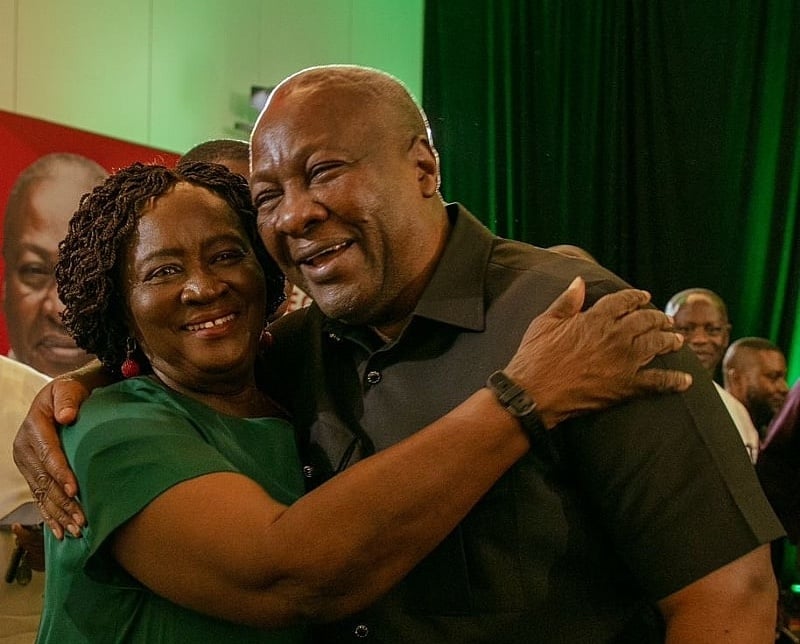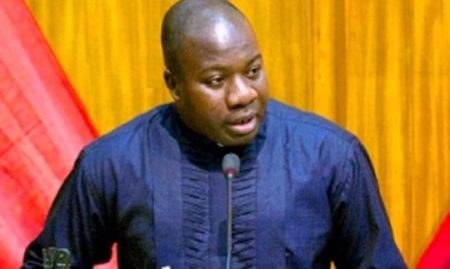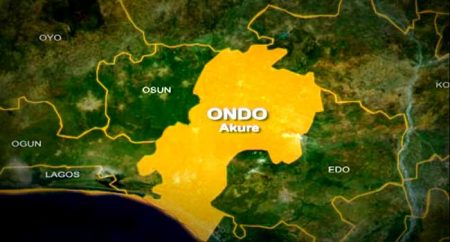In anticipation of the December 2024 Presidential Election, former President John Dramani Mahama, the National Democratic Congress (NDC) Presidential candidate, has outlined a comprehensive plan for the revitalization of Ghana’s healthcare system should he return to power. Central to his vision is the establishment of the Ghana Medical Care Trust Fund, aimed at supporting individuals grappling with chronic diseases like kidney failure, cancers, and heart diseases. Mahama emphasizes that his administration will prioritize innovative funding strategies and allocate resources efficiently to critical health sectors, asserting that the revenue from the National Health Insurance (NHIS) Levy will be designated exclusively for health-related expenditures. His proposals reflect a broader strategy titled “Resetting Ghana: Jobs, Accountability, and Prosperity,” where he emphasizes that investing in health is essential for inclusive growth and societal well-being.
Mahama’s previous experiences as an Assembly Member, Member of Parliament, Minister of State, Vice President, and President have profoundly influenced his understanding of the pressing challenges facing Ghanaians. Under his prospective leadership, he commits to implementing a fund retention system at the Community-Based Health Planning Services (CHPS) level to ensure continuous healthcare service delivery, especially in sub-district areas. Additionally, he pledges to abolish taxes and tariffs on the importation of vaccines and medical supplies to enhance public health facilities’ access to vital health resources. To modernize healthcare service models, he plans to introduce a franchising policy that will allow private health service providers to operate within public hospitals, providing laboratory, dental, eye, and pharmaceutical services using proven best practice frameworks.
In a bid to strengthen the healthcare budget, Mahama vowed to increase funding for primary healthcare in underserved districts, enhancing resource allocation at every level of the health system. His government would establish an equipment-leasing framework and conduct a review of the procurement process for medical supplies to maximize efficiency. He aims to legislate the allocation of a portion of national revenue from both established and new extractive fields to the NHIS, as well as assign a share of the National Insurance Commission’s motor insurance premiums to support the NHIS—particularly for road traffic accident victims. Mahama is rallying the electorate for a significant showing at the polls to facilitate these changes and enhance healthcare delivery.
Reflecting on past achievements, Mahama recalled the advancements made during previous NDC administrations in promoting primary healthcare and moving towards Universal Health Coverage (UHC). Investments were made in building critical healthcare infrastructure, including teaching hospitals, regional and district hospitals, and community health centers, which have laid the foundation for improved health services. He cites the establishment of medical training institutions, such as the University of Ghana Medical Centre and the University of Health and Allied Sciences, as pivotal components in expanding the workforce trained to address Ghanaians’ healthcare needs. Mahama’s past leadership efforts in healthcare are presented as benchmarks to counter the New Patriotic Party (NPP), which he criticizes for mismanaging the sector over the last eight years.
The toll of the NPP’s governance on public health is an underlying theme in Mahama’s narrative, highlighting a dramatic rise in both communicable and non-communicable diseases during their tenure. Notably troubling statistics from the Ghana Demographic Health Survey indicate that as of July 2024, communicable diseases account for 48 percent of the nation’s disease burden while 42 percent of age-related mortality is attributable to non-communicable diseases. Moreover, a concerning migration trend has emerged, with about 50 percent of Ghanaian doctors and 24 percent of nurses leaving the country for opportunities abroad over the past three years, contributing to a significant workforce shortage in the health sector.
To combat the healthcare crisis exacerbated by these challenges, Mahama’s next administration intends to deploy cost-effective strategies to enhance infrastructure and improve training and retention of healthcare professionals. His vision emphasizes not only the need for immediate systemic reforms but also the vital role of investing in human resources to revitalize Ghana’s health service delivery. Under his leadership, a commitment to establishing a responsive and resourceful healthcare system is underscored as essential to addressing the pressing health concerns that Ghanaians face today. The message to voters is clear: Mahama is calling for a united front for change in governance, urging significant support for his candidacy and that of NDC parliamentary candidates to pave the way for improved healthcare services and overall national health outcomes.














